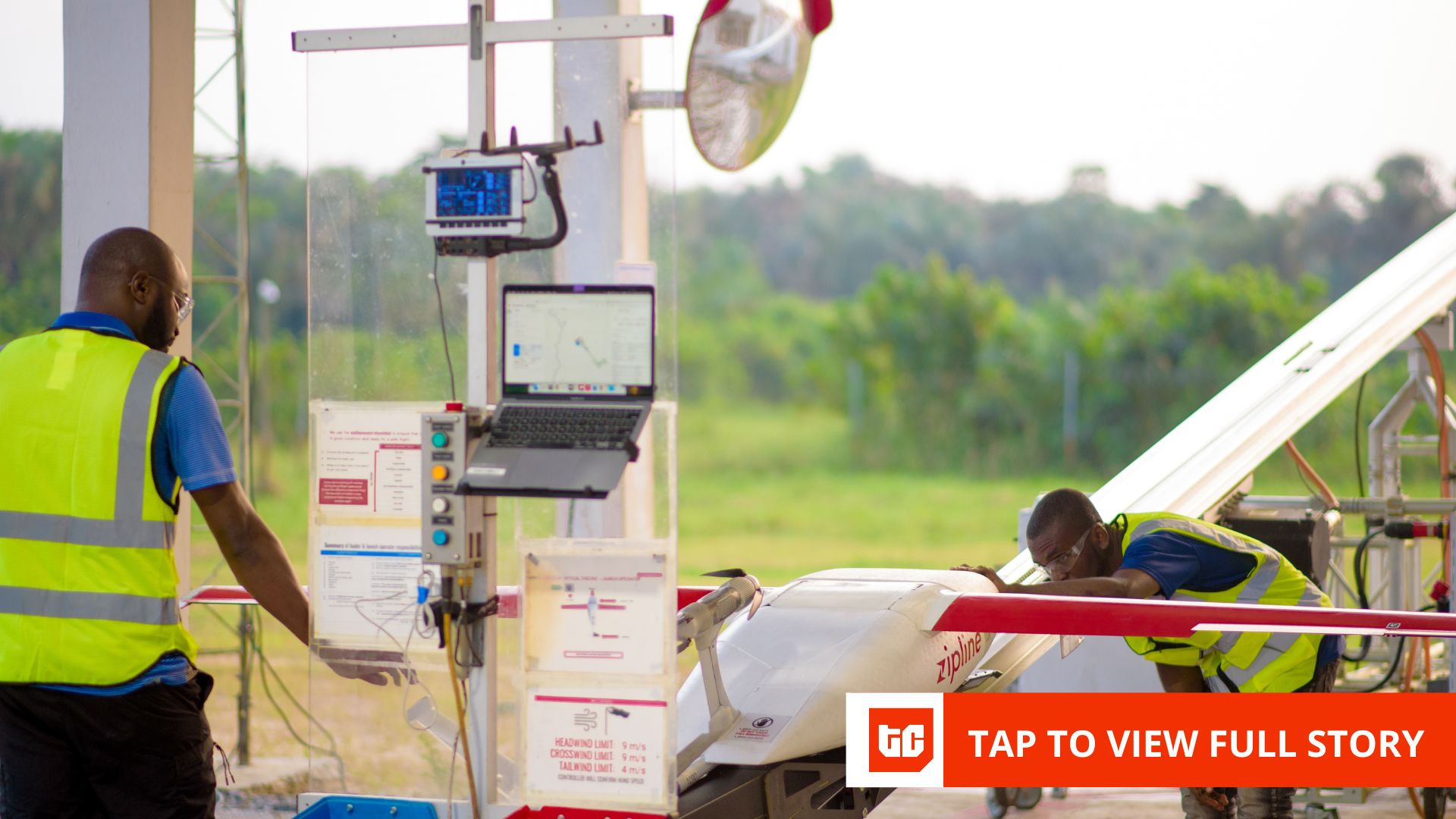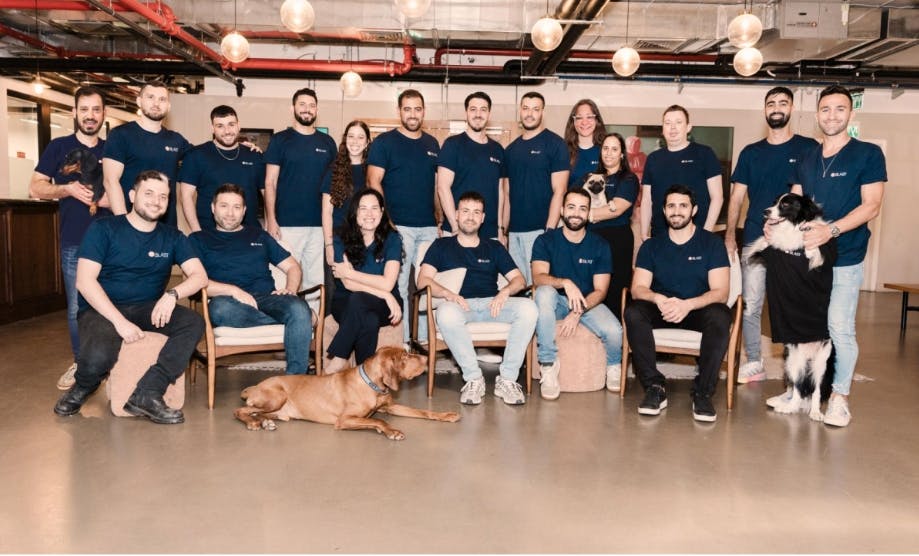Sam Ransbotham teaches a class in machine learning as a professor of business analytics at Boston College, and what he’s witnessing in the classroom both excites and terrifies him.
Some students are using AI tools to create and accomplish amazing things, learning and getting more out of the technology than he could have imagined. But in other situations, he sees a concerning trend: students “phoning things into the machine.”
The result is a new kind of digital divide — but it’s not the one you’d expect.
Boston College provides premier tools to students at no cost, to ensure that socioeconomics aren’t the differentiator in the classroom. But Ransbotham, who hosts the “Me, Myself and AI” podcast from MIT Sloan Management Review, worries about “a divide in technology interest.”
“The deeper that someone is able to understand tools and technology, the more that they’re able to get out of those tools,” he explained. “A cursory usage of a tool will get a cursory result, and a deeper use will get a deeper result.”
The problem? “It’s a race to mediocre. If mediocre is what you’re shooting for, then it’s really quick to get to mediocre.”
He explained, “Boston College’s motto is ‘Ever to Excel.’ It’s not ‘Ever to Mediocre.’ And the ability of students to get to excellence can be hampered by their ease of getting to mediocre.”
That’s one of the topics on this special episode of the GeekWire Podcast, a collaboration with Me, Myself and AI. Sam and I compare notes from our podcasts and share our own observations on emerging trends and long-term implications of AI. This is a two-part series across our podcasts — you can find the rest of our conversation on the Me, Myself and AI feed.
Continue reading for takeaways from this episode.
AI has a measurement problem: Sam, who researched Wikipedia extensively more than a decade ago, sees parallels to the present day. Before Wikipedia, Encyclopedia Britannica was a company with employees that produced books, paid a printer, and created measurable economic value. Then Wikipedia came along, and Encyclopedia Britannica didn’t last.
Its economic value was lost. But as he puts it: “Would any rational person say that the world is a worse place because we now have Wikipedia versus Encyclopedia Britannica?”
In other words, traditional economic metrics don’t fully capture the net gain in value that Wikipedia created for society. He sees the same measurement problem with AI.
“The data gives better insights about what you’re doing, about the documents you have, and you can make a slightly better decision,” he said. “How do you measure that?”
Content summarization vs. generation: Sam’s “gotta have it” AI feature isn’t about creating content — it’s about distilling information to fit more into his 24 hours.
“We talk a lot about generation and the generational capabilities, what these things can create,” he said. “I find myself using it far more for what it can summarize, what it can distill.”
Finding value in AI, even when it’s wrong: Despite his concerns about students using AI to achieve mediocrity, Sam remains optimistic about what people can accomplish with AI tools.
“Often I find that the tool is completely wrong and ridiculous and it says just absolute garbage,” he said. “But that garbage sparks me to think about something — the way that it’s wrong pushes me to think: why is that wrong? … and how can I push on that?”
Searching for the signal in the noise: Sam described the goal of the Me, Myself and AI podcast as cutting through the polarizing narratives about artificial intelligence.
“There’s a lot of hype about artificial intelligence,” he said. “There’s a lot of naysaying about artificial intelligence. And somewhere between those, there is some signal, and some truth.”
Listen to the full episode above, subscribe to GeekWire in Apple, Spotify, or wherever you listen, and find the rest of our conversation on the Me, Myself and AI podcast feed.









